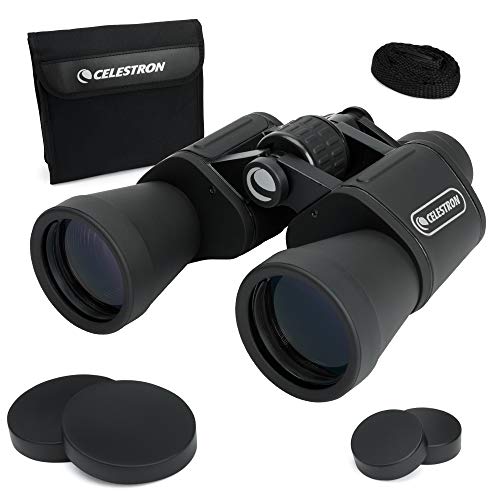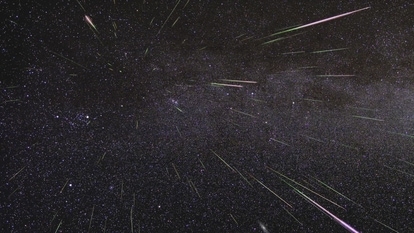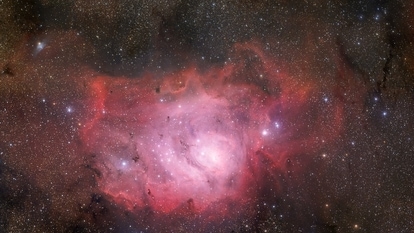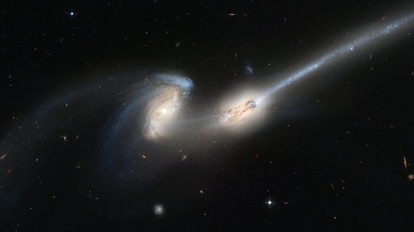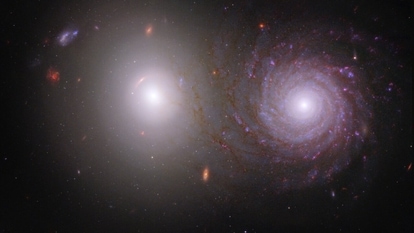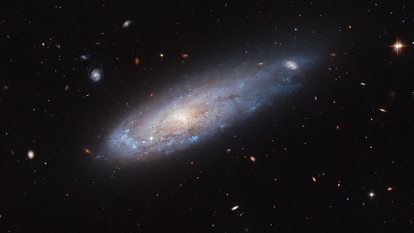NASA's James Webb Space Telescope finds the oldest galaxy whose age is near the Big Bang
NASA’s James Webb Telescope has discovered the oldest galaxy that is over 13 billion years away from us.
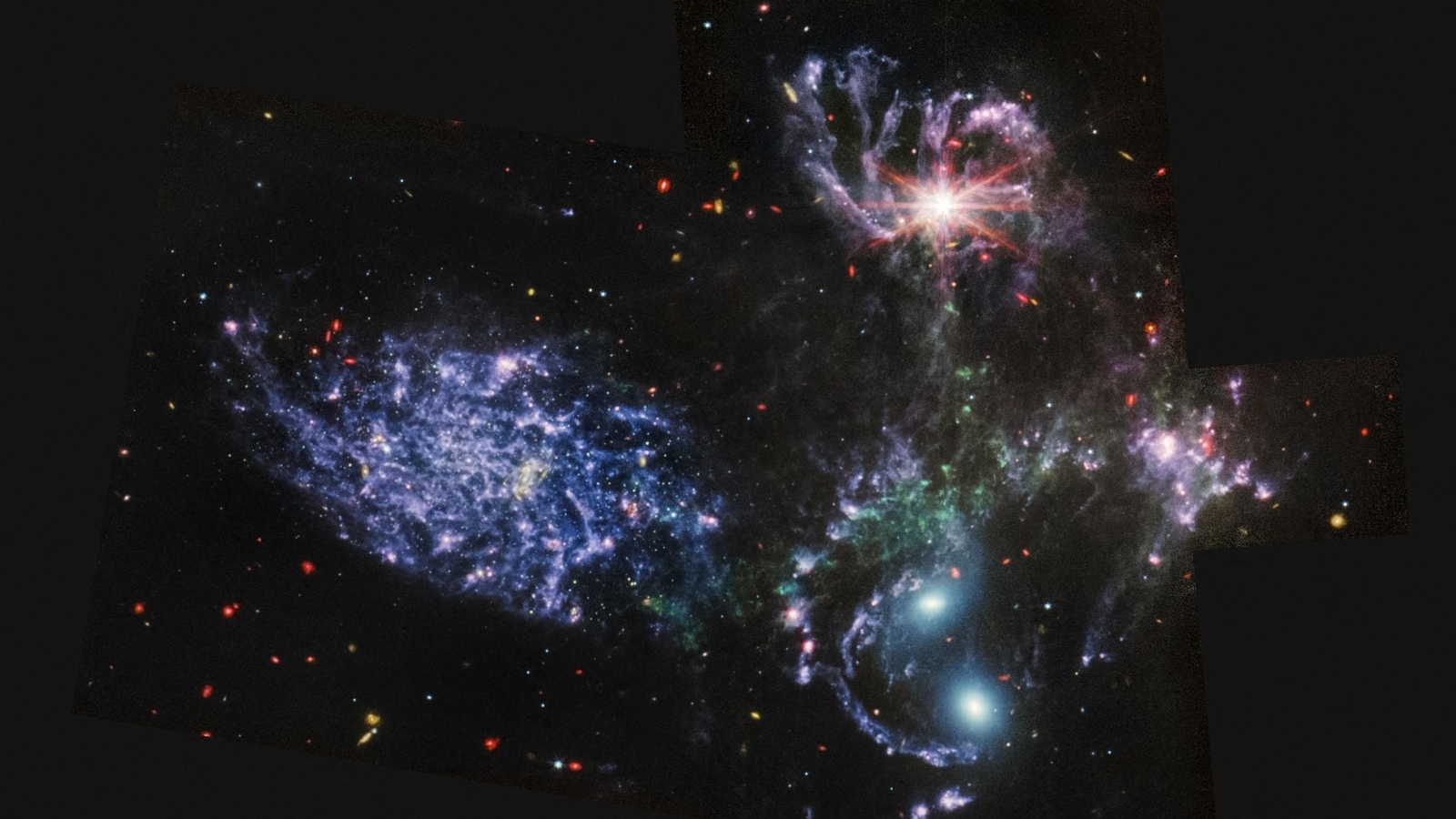
NASA's most powerful James Webb Space Telescope has released its first images to the world just a few days back and now it has set a new record by discovering the farthest galaxy ever. It has found a galaxy that existed 13.5 billion years ago. Dubbed as GLASS-z13, the new found galaxy dated back to 300 million years after the Big Bang, about 100 million years earlier than anything previously identified, shared, Rohan Naidu of the Harvard Center for Astrophysics. "We're potentially looking at the most distant starlight that anyone has ever seen," he told AFP. New Scientist tweeted, "Discovered by the Hubble Space Telescope, galaxy GN-z11 was the previous recorder holder, which dates back to 400 million years after the birth of the universe."
For the unversed, the more distant the objects are, the longer it takes their light to reach us. Though GLASS-z13 is believed to have existed in the earliest era of the universe, its exact age is not known yet. It is speculated to be formed anytime within the first 300 million years.
GLASS-z13 was captured in so-called "early release" data from the orbiting observatory's main infrared camera, called NIRcam.
As per the report, the galaxy GLASS-z13 appeared as a blob of red with white in its center after being translated into the visible spectrum. Naidu and his team of 25 astronomers from across the world have submitted their findings to a scientific journal and the research is also published on a "preprint" server. The study is yet to be peer-reviewed, but it has already created a buzz in the global astronomy community.
"Astronomy records are crumbling already, and more are shaky," tweeted NASA's chief scientist Thomas Zurbuchen. He added, "Yes, I tend to only cheer once science results clear peer review. But, this looks very promising."
In what will bring cheer to Naidu, his findings have also been backed by a team of astronomers led by Marco Castellano that worked on the same data.
Catch all the Latest Tech News, Mobile News, Laptop News, Gaming news, Wearables News , How To News, also keep up with us on Whatsapp channel,Twitter, Facebook, Google News, and Instagram. For our latest videos, subscribe to our YouTube channel.


